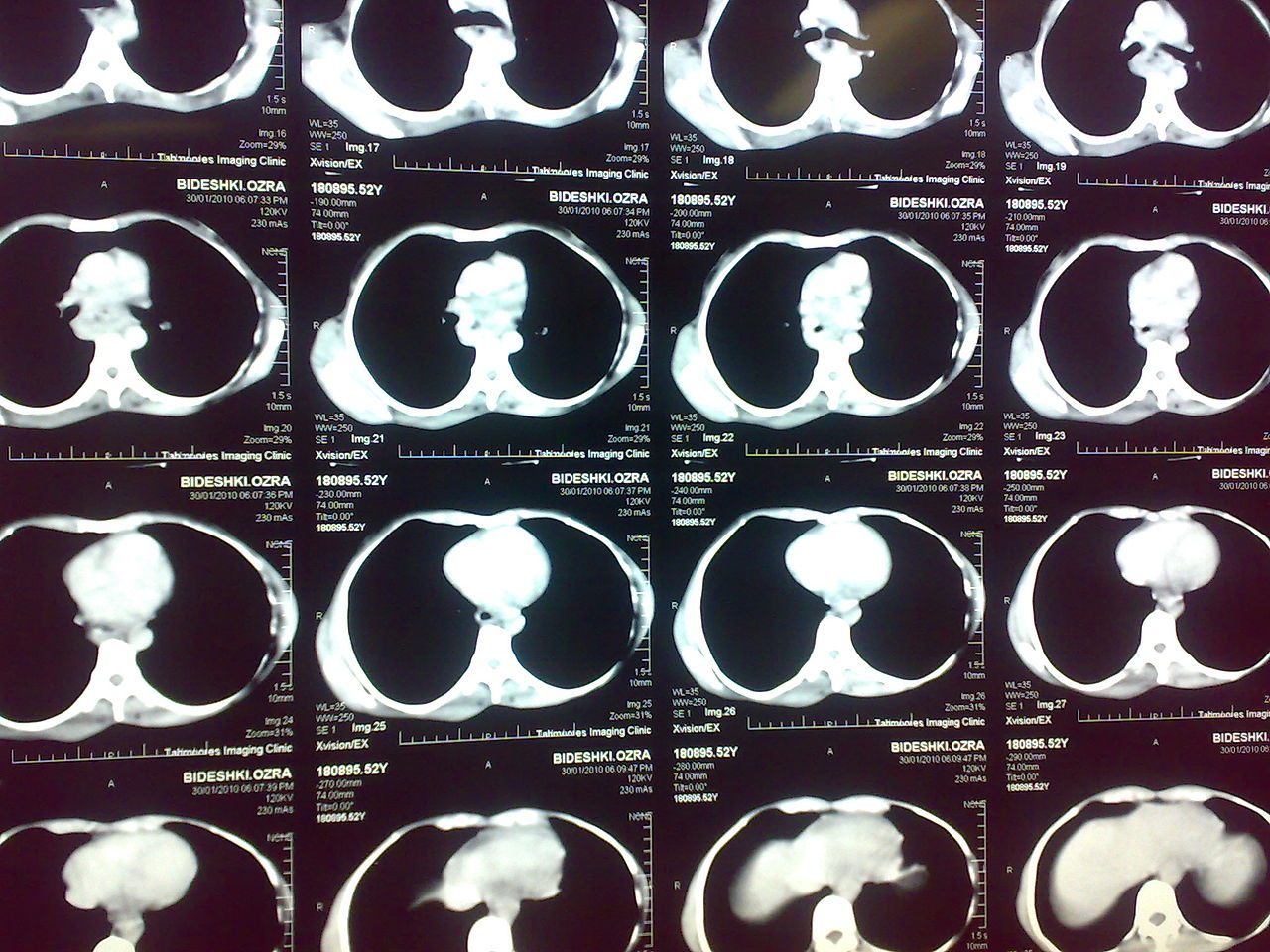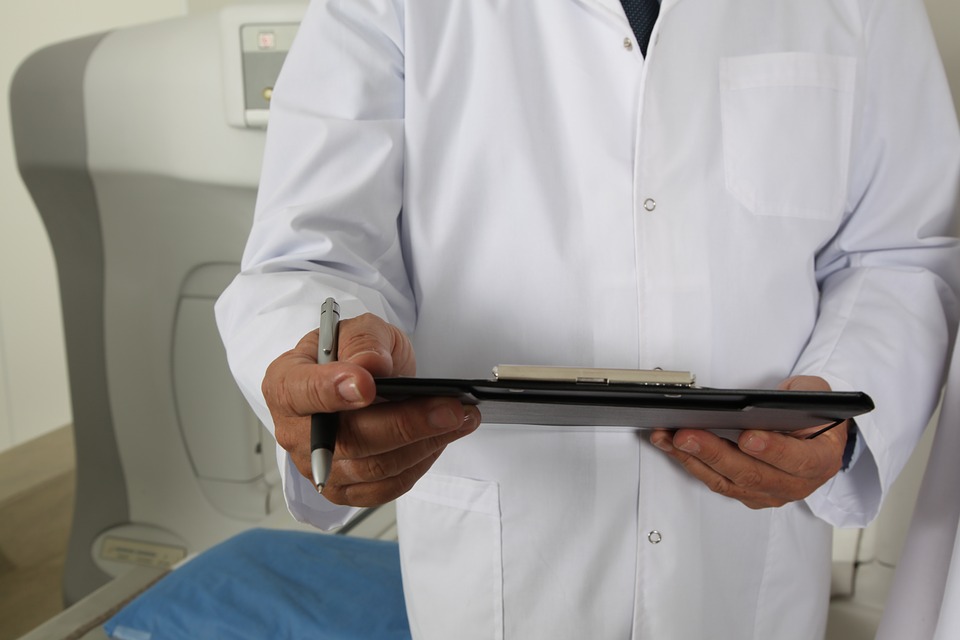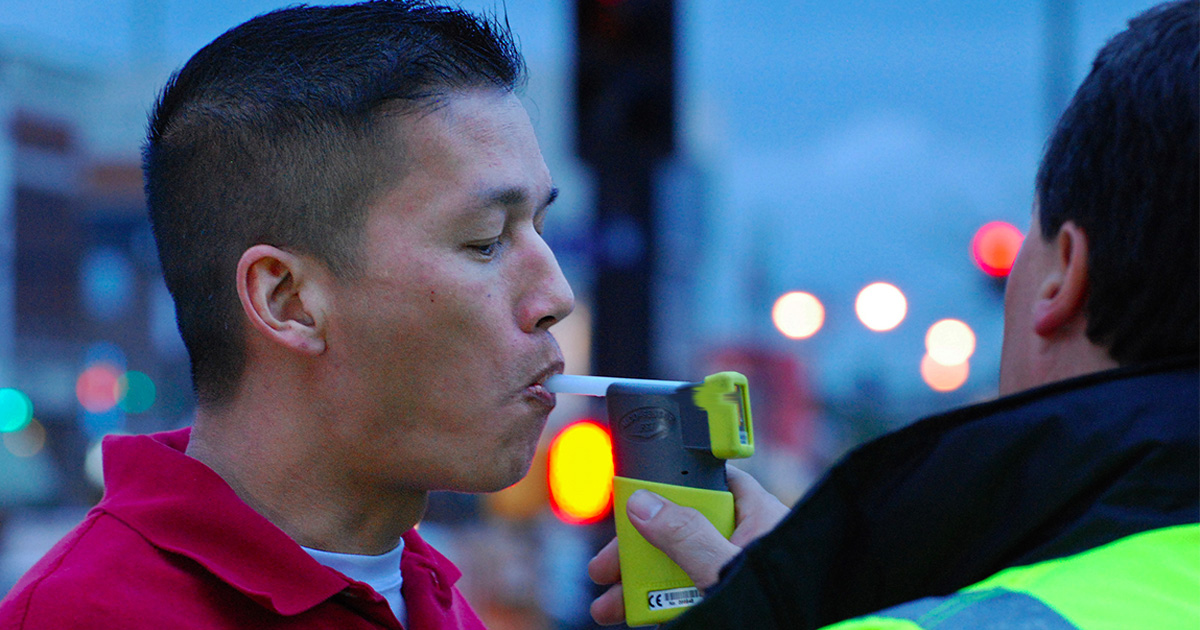What Your Breath Could Tell Your Doctor

By:
Your bad breath just might save your life, at least now that medical researchers are using breath tests to detect early signs of esophageal and stomach cancers.
In a medical trial, the findings from which were presented at the European Cancer Congress 2017, researchers successfully diagnosed cancer 85 percent of the time just using a patient's breath.
The trial involved over 335 patients at four London hospitals who exhibited cancer symptoms, according to a press release on Science Daily.
 Wikimedia Commons - wikimedia.org
Wikimedia Commons - wikimedia.org
"At present the only way to diagnose esophageal cancer or stomach cancer is with endoscopy. This method is expensive, invasive and has some risk of complications," Dr. Sheraz Markar, an NIHR Clinical Trials Fellow from Imperial College London, told the Congress. "A breath test could be used as a non-invasive, first-line test to reduce the number of unnecessary endoscopies," Markar said. "In the longer term this could also mean earlier diagnosis and treatment, and better survival."
Researchers used a new device to measure levels of five chemicals previously linked to the two cancers in human breath.
They collected and analyzed breath samples using selected ion flow-tube mass spectrometry, a technique that measures chemical levels in gases.
"Because cancer cells are different to healthy ones, they produce a different mixture of chemicals," Dr Markar said. "This study suggests that we may be able detect these differences and use a breath test to indicate which patients are likely to have cancer of the esophagus and stomach, and which do not."
 Pixabay - pixabay.com
Pixabay - pixabay.com
Imperial College London Professor of Surgical Sciences George Hanna spent years developing the breath test.
In 2015, Hanna published results of the first clinical study, where he used his test to determine whether oesophageal cancer was malignant or benign. Patients breathed into a breathalyzer-like device connected to a bag, and researchers tested the samples using a selected ion flow tube mass spectrometer.
 Wikimedia
Wikimedia
The 2015 study included over 200 patients and reported a 90 percent accuracy rate. The breath test produced results in mere minutes, while conventional diagnostic methods take four to six hours, Hanna wrote.
Researchers are hoping to replicate the success of these studies in larger trials and are working on breath tests for other cancers.
"These findings must be validated in a larger sample of patients before the test could be used in the clinic," Markar said. Over the next three years, the researchers are conducting a large test on patients who are undergoing endoscopies for gastrointestinal symptoms but have not been diagnosed with cancer. The results will determine the accuracy of the breath test, measuring its ability to differentiate cancers from other conditions that produce similar signs.
"In the long-term, the breath test has the potential to help diagnose patients with early, non-specific symptoms," Hanna wrote.
Scientists are also using breath tests to diagnose other illnesses.
Breath analysis techniques have been used to detect liver cirrhosis and monitor blood glucose levels and hypoglycemia in diabetics.
In a December 2016 study, published in American Chemical Society Nano, researchers used artificial intelligence to monitor chemical levels in breath samples for 17 diseases. The study — involving over 1,400 people — was 86 percent accurate, the authors report.
“We can teach the system that a breathprint could be associated with a particular disease,” co-author Hossam Haick, a nanotech expert, told Smithsonian Magazine. “It works in the same way we'd use dogs in order to detect specific compounds."
